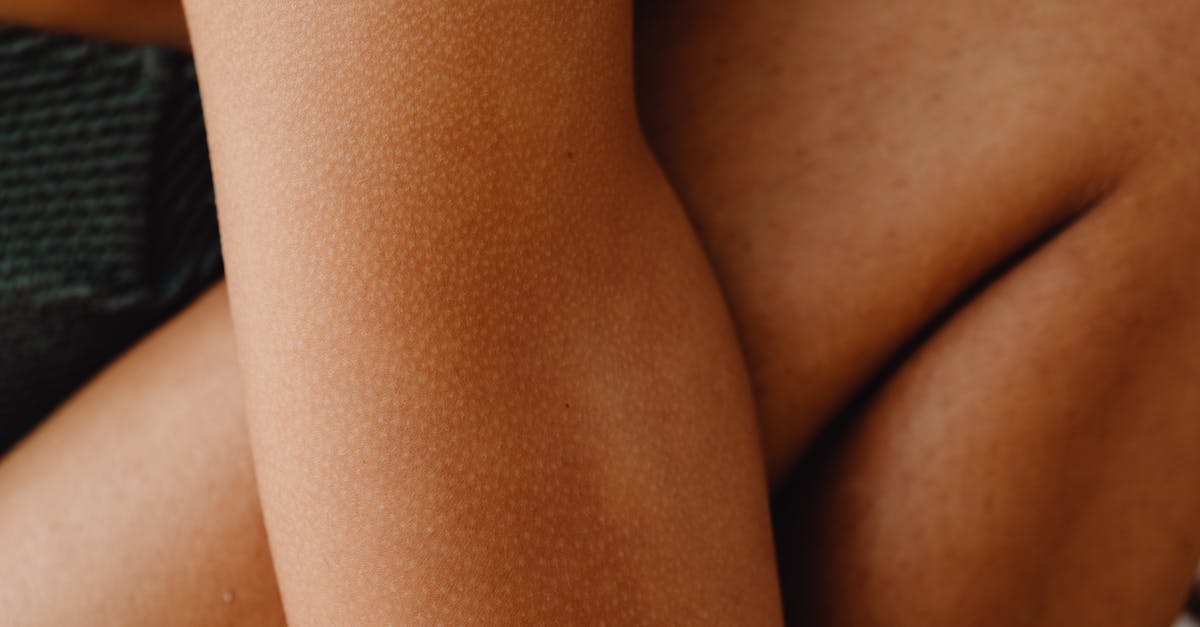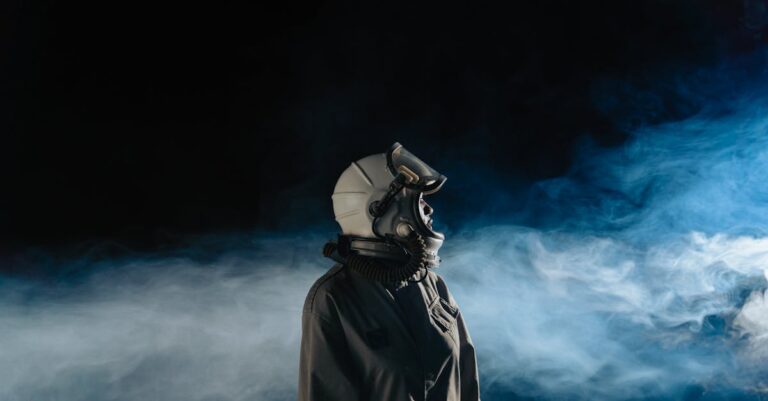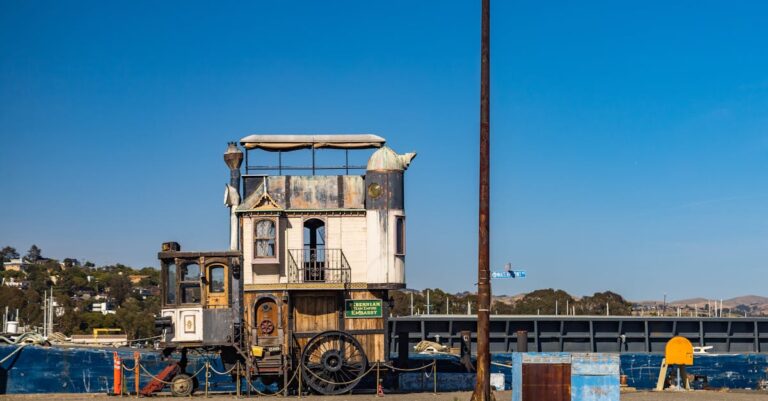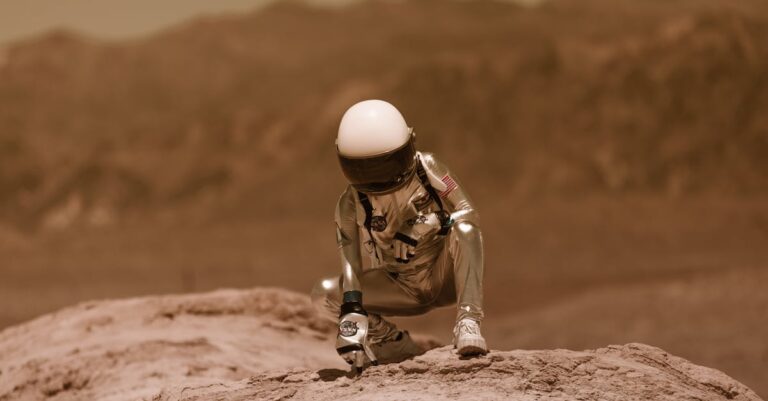
The first time Clara saw the boy, he was crouched in the mud, his uniform soaked through, a crimson stain blooming across his chest like a bruise on the earth. She knelt beside him, fingers trembling as she pressed a cloth to the wound, her mind already calculating the odds—how long before the infection took him, how many miles to the nearest field hospital. The boy’s eyes were open, dark and wide, fixed on something beyond her. She followed his gaze. A cannon had torn through the trees fifty yards back, leaving a jagged scar in the forest, smoke curling like a serpent into the sky.
“You’re not supposed to be here,” he said, his voice a rasp. His hand gripped her wrist, thin and feverish. She didn’t let go.
“Neither are you,” she replied. The words felt hollow. The war had a way of making everything hollow.
He tried to smile. It didn’t reach his eyes. “I’m not dying today.”
She didn’t believe him, but she didn’t argue either. The boy’s name was Eli, though he said it with a flicker of hesitation, as if the word carried a weight he wasn’t ready to name. He was twenty-one, maybe twenty-two, with a scar that ran from his temple to his jawline—a jagged mark that caught the light when he moved. Clara wondered how he’d gotten it, but she didn’t ask. Some wounds didn’t need words.
They carried him to the wagon, the weight of his body a leaden burden against her shoulders. The other nurses had long since given up on the wounded who couldn’t walk, leaving them to the elements, the wolves, the slow grind of death. But Clara had seen what happened to those left behind. She’d watched a man’s fingers turn black in the cold, his breaths growing shallow until they stopped altogether. She wouldn’t let that be Eli.
The road was a mess of ruts and debris, the earth churned to sludge by countless boots and wheels. Clara kept her head down, focusing on the rhythm of her steps, the creak of the wagon’s axle, the low hum of distant gunfire. Eli’s breathing was ragged, his skin clammy beneath her touch. She wondered if he was thinking about home, about the life he’d left behind. She thought about her brother, Samuel, who’d been buried in Virginia two winters ago. His grave was a simple cross, no name, just a date. She’d never learned what he’d died of—typhoid, they said, or maybe the fever. It didn’t matter now.
“You ever been in a real fight?” Eli asked, his voice barely above a whisper. His eyes were on the horizon, where the sky bled into the trees.
“I’ve seen what happens after,” she said. “The blood, the screams. The silence afterward.”
He let out a short laugh, coughing as he did. “I’m not scared of dying. Just tired of being hurt.”
Clara didn’t know how to answer that. She’d been hurt too, in ways that didn’t show on the outside. But she kept walking, pulling the wagon behind her, her boots sinking into the mud with each step.
They reached the camp at dusk, the sky a bruise of purple and gray. The tents were low and shabby, the air thick with the smell of smoke and sweat. A nurse named Mara met them at the edge of the clearing, her face lined with exhaustion. She took one look at Eli and sighed. “He’s not going to make it, is he?”
Clara didn’t answer. She couldn’t. The truth was a knife she didn’t want to wield.
Mara helped her carry Eli into the tent, the fabric flapping in the wind. Inside, the air was stifling, the scent of antiseptic and decay mingling in her nose. Clara worked quickly, stripping Eli’s coat, cleaning the wound with shaking hands. The fabric of his shirt was soaked through, the blood dark and slick. She pressed a gauze pad to the injury, holding it there as she waited for the nurse to arrive.
“You’re doing good,” Mara said, though her eyes were on Eli’s face. “He’s not long for this world.”
Clara didn’t look up. She couldn’t. The words felt like a verdict, and she wasn’t ready to accept it.
Eli’s breathing grew shallower, his fingers twitching against the cloth. Clara pressed harder, her knuckles white. She could feel the pulse in his wrist, faint but steady, like a candle flickering in the wind. She didn’t let go.
The night stretched on, the camp quiet except for the distant hum of artillery. Clara sat beside Eli, her hand resting on his chest, feeling the rise and fall of his breath. She wondered if he was thinking about his mother, his sister, the life he’d left behind. She thought about Samuel again, about the way he’d laughed when they were kids, the way he’d promised to come back from the war.
“You’re not alone,” she whispered, though she wasn’t sure if he could hear her. “I’m here.”
Eli’s eyes fluttered open, his gaze unfocused. “Tell my sister…”
His voice was barely a breath, but Clara heard it. She leaned closer, her ear inches from his lips. “Tell her… I’m sorry.” His hand found hers, squeezing once, then went still.
Clara sat there for a long time, her fingers wrapped around his, the weight of his death settling in her chest like a stone. Mara came over and placed a hand on her shoulder, but Clara didn’t move. She couldn’t. The war had taken so much from her, and now it had taken this too.
In the morning, they buried Eli in a shallow grave, the earth still damp from the previous night’s rain. Clara stood at the edge of the clearing, watching as the dirt was shoveled over his body. She didn’t cry. She hadn’t cried for Samuel, and she wouldn’t cry now. But inside, something broke, a fragile thing that couldn’t be mended.
The next day, Clara returned to the road, her wagon empty, her heart heavier than before. The war hadn’t stopped, and neither had she. She had promises to keep, lives to save, even if it cost her everything.
She didn’t look back.


